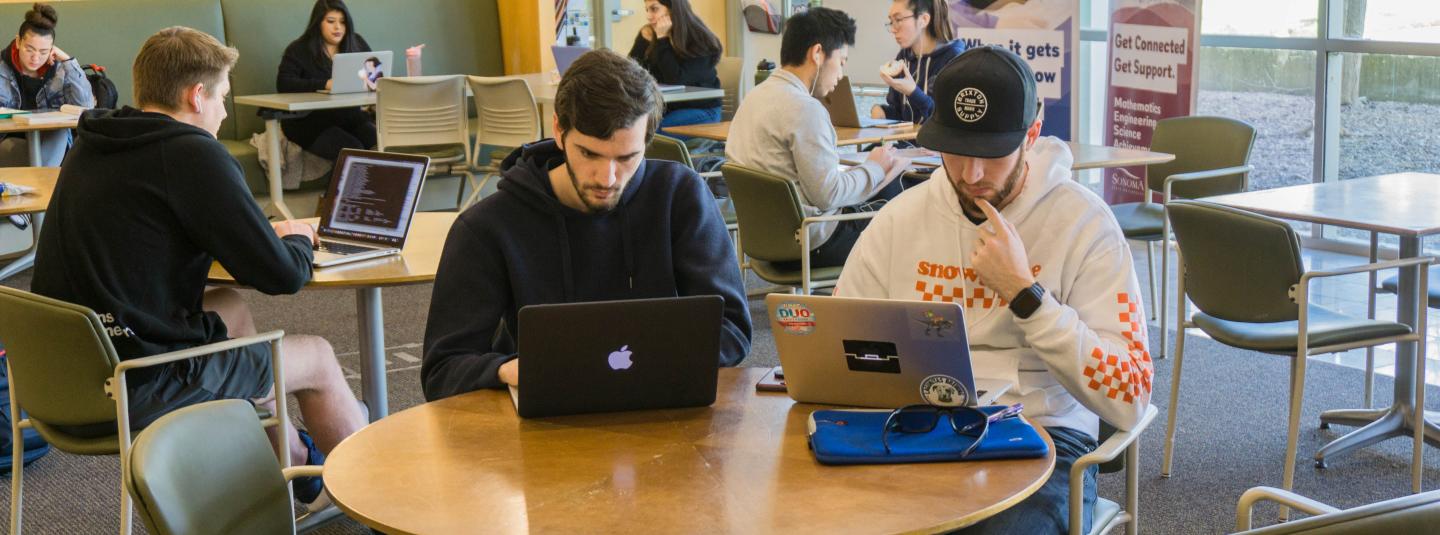Pulse of Information
Stay updated with the latest news and insights.
Student Resources That Won't Break the Bank
Discover budget-friendly student resources that save you money and boost your success. Don't miss out—explore our ultimate guide now!
Budget-Friendly Study Tools for Every Student
Studying doesn't have to break the bank, and there are numerous budget-friendly study tools available for students at all levels. From free online resources to affordable apps, students can enhance their learning without spending a fortune. Consider exploring tools like Quizlet, a free platform that allows users to create flashcards and study games, or apps like Notion, which can help organize notes and projects efficiently. Utilizing these tools can streamline study sessions, making them more effective and less stressful.
In addition to digital tools, students can also benefit from traditional resources that are low-cost or even free. Public libraries often provide access to study guides, textbooks, and quiet study spaces. Joining study groups or utilizing study buddies can enhance understanding while keeping costs down. Lastly, don't underestimate the power of community resources like local workshops or tutoring sessions that might be available at a minimal fee. Investing in these budget-friendly study tools can pave the way for academic success without financial strain.

How to Access Free Academic Resources Online
Accessing free academic resources online has never been easier, thanks to a plethora of platforms designed to support students and researchers alike. Start by exploring open access journals, which provide peer-reviewed articles without subscription fees. Sites like Directory of Open Access Journals (DOAJ) curate thousands of high-quality journals across various disciplines. Additionally, many universities and researchers share their publications through repositories such as arXiv or PubMed Central, making it simple to find valuable research papers.
Another effective way to find free academic resources online is to utilize educational websites and platforms that offer courses, lecture notes, and eBooks. Websites like Coursera or edX partner with prestigious universities to provide free courses, allowing users to learn at their own pace. Moreover, the Internet Archive serves as a vast digital library, featuring millions of free books, movies, and academic texts. By leveraging these resources, you can enhance your knowledge without incurring any costs.
Essential Tips for Finding Affordable Textbooks and Supplies
Finding affordable textbooks and supplies can be a daunting task for students. To start, consider buying used books or renting rather than purchasing new. Websites like campus bookstores often have second-hand options that can save you a significant amount of money. Additionally, check online marketplaces such as Amazon, eBay, or local classifieds. You might also explore digital versions of textbooks, which tend to be cheaper than printed copies. Remember to compare prices across different platforms to ensure you're getting the best deal.
Another effective strategy for reducing costs is to connect with fellow students. Forming study groups or networks can provide access to shared materials, including textbooks and study guides. Additionally, consider utilizing library resources, as many academic libraries offer free access to textbooks and essential course materials. Don’t forget to keep an eye out for discounts and promotions during back-to-school seasons, which can lead to significant savings. By implementing these tips, you can navigate the sometimes overwhelming financial demands of your education more easily.